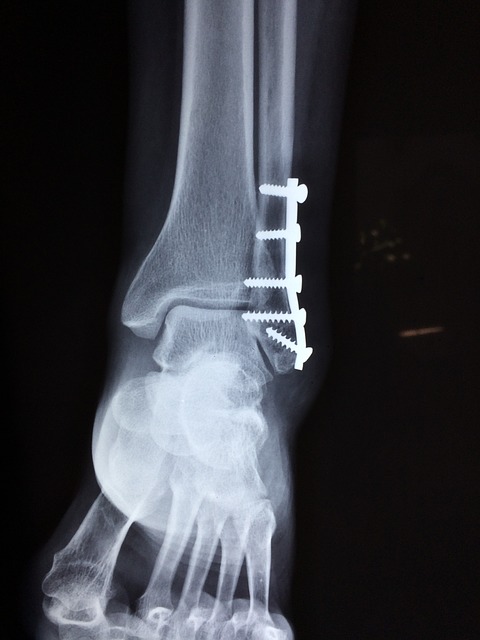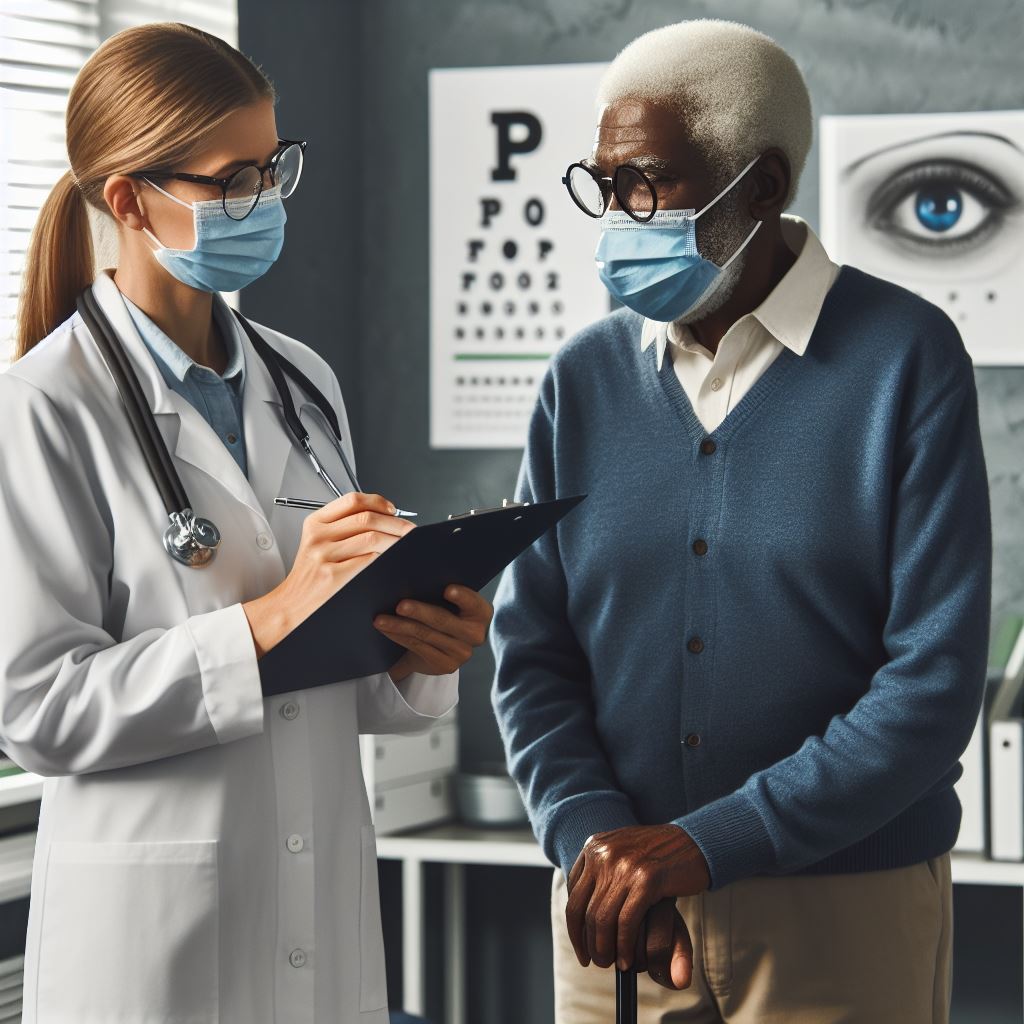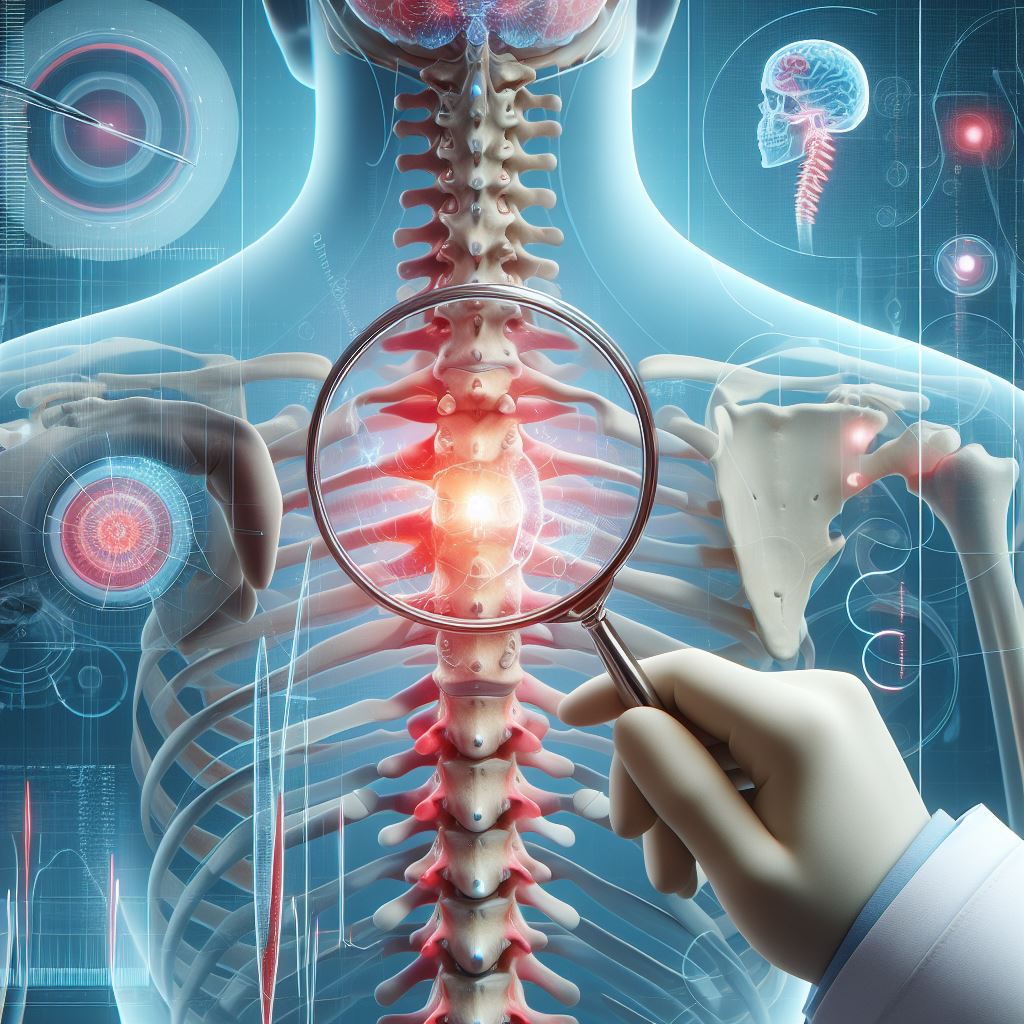Orthopedists often treat bones, joints, and muscles. While your primary care physician can help you with most aches and pains, there are certain conditions and issues that should be diagnosed and treated by an orthopedic specialist. Some doctors diagnose the problem, while others perform orthopedic surgery for a wide variety of problems, such as knee and hip surgery. Here are six reasons why you should book an appointment with Dr. Gregg Schellack DO.
#1: Sciatica
Sciatica is defined as lower back pain that also exists in the leg as well as the foot. The cause is due to a slipped disc, which is when one of the discs in between the vertebrae extends farther than it should. This affects the sciatic nerve, which sends pain to the lower back area. According to recent studies, 90% of cases have disappeared over time. If your sciatic pain lasts longer than six weeks, then you should see Gregg Schellack orthopedist as soon as possible.
#2: Lower Back Pain
Nearly 80% of the American population suffer from lower back pain. It can range from a dull, throbbing pain to sharp, intense pain. There are many factors that cause lower back pain, such as age-related spinal changes, lifting heavy objects, and living a sedentary lifestyle. If your back pain last several weeks, then you should see your orthopedic specialist. You should also talk to your doctor if your lower back pain is associated with your sudden weight loss. It can also cause chills and fever, which indicates a serious problem.
#3: Repetitive Strain Injury
Repetitive strains and injuries are a result from forced movements, poor posture, and other problems that overtrain the muscles. These injuries take place in the arms, back, hands, and neck. One common repetitive strain injury is carpal tunnel syndrome, which takes place in the muscles and nerves of the hands and wrists. Symptoms include stiffness, tenderness, and tingling in those areas. An early diagnosis can prevent this problem from becoming serious.
#4: Hip Pain
Hip pain sometimes occur in the hip joint or around the hip area, in the thigh area, or in the buttocks. If the hip pain is dull, then ice or heat therapy, pain reliever, and rest is recommended. If the pain persists or gets worse, then you should see your orthopedic specialist as soon as possible. This could be an indicator of damage caused by arthritis or injury that will require serious treatment. If you experience an intense pain in your hip that doesn’t go away, then visit the emergency room as soon as possible.
#5: Hip Replacement
If your hip pain persists and all other treatments have failed, then you’ll have to undergo hip replacement surgery. An orthopedic surgeon can perform hip replacement surgery on your damaged or diseased hip using an artificial hip joint. The more active and healthier you are following the operation, the better the recovery process. Most patients who have undergone this surgery noticed that it relieves them of pain and improves their ease of movement, which increases their quality of life.
#6: Knee Pain
Knee pain is often caused by many factors. It can be a result of arthritis, diseases, and injuries in sports or other activities. You could damage your knee as a result of a blow or movement that pushes it beyond its usual range of movement. Your knees will experience pain over time, due to aging and normal wear and tear.
Problems in your knees can also occur in your feet and vice versa. If you have chronic or severe knee pain, then an orthopedic specialist can diagnose the problem and offer the appropriate treatment. Treatment can vary from medication to physical therapy. If the treatment doesn’t work, then your orthopedic specialist will recommend knee replacement surgery.










